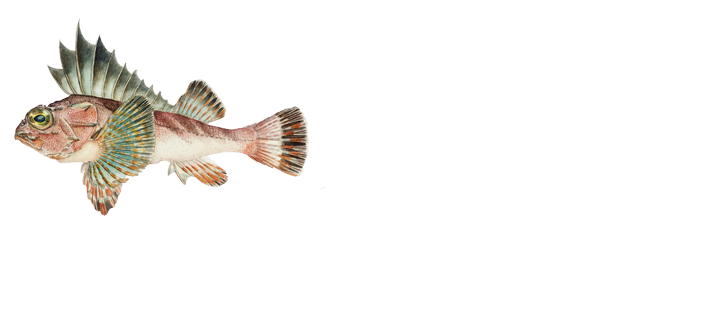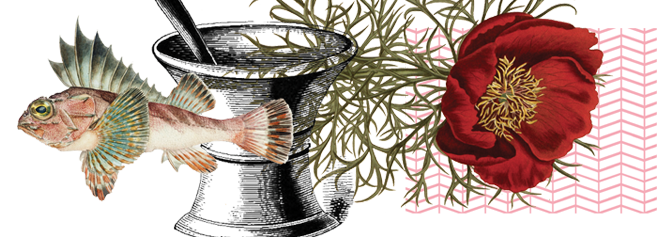Application Dates and Deadlines
The MIT Application for Graduate Admission is available after September 1 of the year before prospective admission at apply.mit.edu/apply. Applications and ALL application materials are due the following January 15th. The admissions committee makes its decision by April 1. The GPSW does not admit students in the spring term, nor do we accept part-time or distance learning students. GRE Scores are optional.
Applications Must Include:
If you are eligible for a fee waiver, head here to fill out the appropriate form.
In selecting your samples, be aware that journal articles or other purely scientific publications tell us little about your ability to write for general audiences and should not be included. Media files may be submitted as links with the supplementary material.
International applicants must satisfy all the same criteria as U.S. citizens. Applicants whose first language is not English must take the Test of English as a Foreign Language (TOEFL) or the IELTS. MIT’s school code is 3514, and our departmental code is 4599, or “Communications – Other.” Don’t worry about choosing the wrong department – as long as the scores come to MIT, we can access them.
If you have any questions about the MIT Graduate Program in Science Writing application or application process, please contact sciwrite-www@mit.edu.





